Any time a Westerner expresses preoccupation about very high birth rates in a poor country, the conversation immediately turns to racism. Let’s dig deeper.
by Gaia Baracetti
Let’s not start with Prince William for once. Let’s begin with the great Italian poet Giovanni Pascoli. He was one of those rare rural poets who actually knew rural life, with intimacy and familiarity, who didn’t just use it as a romantic backdrop or an excuse for metaphors. He knew its animals and flowers, its cycles and rhythms; sometimes, reading his poems aloud, one finds oneself singing with the birds. Or thundering in the night.
Pascoli was a man of his time, the late 19th and early 20th centuries: a time of large families, widespread poverty and high child mortality – all recurring themes in his poems. He was also a socialist.
In 1911, Pascoli gave a speech in support of Italian soldiers in the war with the Ottoman Empire in Libya, titled La grande proletaria si è mossa – The Great Proletarian has aroused. The “Great Proletarian” is, of course, Italy. A proletarian is someone so poor they can only claim ownership of their prole, their children. That was his point: Italian workers, so numerous, so exploited, are finally rising up to the challenge of expanding, conquering and civilising. That is, of colonialism.
That expansion was aimed across the sea towards Northern Africa. Many times in history the people of the Mediterranean have taken turns in fighting, conquering, enslaving and invading each other, often with claims of superiority to justify the bloodshed. In 1911, smelling what was coming, would the Northern Africans have been justified in worrying about Italy’s demographic trends? I think so.
The conquest of Libya celebrated in such exalted terms by Giovanni Pascoli, and then the further expansion into Abyssinia at the initiative of another socialist (later fascist) from Romagna hoping to revive the long-gone Roman Empire, Benito Mussolini, brought to Africa yet more violence and misery. For the aggression Italy was put under sanctions by the League of Nations – somewhat hypocritically, as Italy was just the latest participant in an enterprise the other European nations had been busy with for centuries.
It was now “our” turn to relieve internal pressure through external expansion. To Pascoli, the conquering soldiers and the hard-working migrants were one and the same. “Why am I calling them heroes? Proletarians, workers, farmers,” reads his speech.
Many people will be offended at the suggested association between migration and colonisation. But some of the greatest mass aggressions of human history – such as the Barbarian Invasions of the late Roman Empire, or the European conquest of the Americas – began as regular, even humble, migrations. Colonisations and invasions are certainly not the prerogative of Europeans – pretty much any people has been guilty of them at some point – and they always stem from overshoot of some kind. For all the elites making grand speeches offering reasons to invade, it takes masses hungry enough to go through the trouble of leaving home and fighting in order to carry out the plan.
*
We can now move on to Prince William. Recently, he once again attracted controversy by saying: “The increasing pressure on Africa’s wildlife and spaces as a result of human population presents a huge challenge for conservationists, as it does the world over.”
For such a carefully worded statement of the obvious, the backlash sure was fierce. Racist! Sexist! Eco-fascist! Rich white people (with three children!) cannot tell poor black people how many babies to have! And not just Prince William – David Attenborough (two children), Jane Goodall (one), even Emmanuel Macron (none)… they are all white elitists.
This is where the topic broadens too much for a single essay. I’ll let these famous individuals defend themselves. I’d just like to say that I believe they are not the only ones who worry about what rampant population growth will do to Africa’s great wild habitats and to the last megafauna on the planet left relatively untouched by human expansion. I have gathered the impression that many Africans themselves are proud of their beautiful nature, of their varied wildernesses, of sharing their land with such magnificent animals. If these animals were hunted or starved to extinction, Africans, of any colour, would lose out – not just in terms of tourism revenues, but also in identity, culture, company… and the world as a whole would be poorer. We all have the right to be worried.
Also, what are we supposed to do? Give up on the giraffes because we blew our chance with the mammoths?
As much as racism is real and a force in history, this new fashion of making everything be about race has the effect of dividing us more than uniting us as humans, and of obfuscating true responsibilities and very complex challenges. It has also created a worldview that sometimes appears to be dominant everywhere, that paradoxically affirms rather than renounces racism – the idea that whatever happens anywhere in the world, no matter the complicities, choices or interests of the people involved, is always and solely white people’s fault. Everyone just has no say in how their country is run or their nature treated, not even in Africa or Asia, except white capitalists, white governments, and their apologists.
*
The argument dismissing concern about developing countries’ birth rates also revolves around the idea that Western overconsumption, and not population growth per se, should be blamed for environmental destruction. This in turn rests on three very odd assumptions: one, that any one phenomenon can only have one cause; two, that poor people have no impact on the environment, even when they number in the billions, and, three, that the exploding populations of Africa are all poor and will stay poor forever. And, unlike Pascoli’s great proletarians, never go anywhere else. But Gallup polls now suggest that one in three African adults wants to emigrate.

Yes, it’s true: Europeans are worried about African babies. That is not because they do not value African lives. On the contrary: I do not think it’s “white saviourism” to point out how many efforts are made by Westerners, among others, for the sake of African children: in terms of aid, medical or development assistance, and adoptions.
Let’s go back to Libya. The Mediterranean pendulum has swung once again. Italians left long ago; Libya is now the stepping stone for migration in the opposite direction: from Sub-Saharan Africa, after a perilous journey across the desert, in the hands of smugglers, rapists, kidnappers and torturers. In the final stage of this long-distance migration many drown in the sea. Many others make it to Italy. Besides the constant worry about the loss of human lives, the consequences are growing profits for local and transnational criminal networks, polarisation in the receiving societies, and the resurgence of the far right.
And it’s not just Italy and Libya. Morocco and Spain, Turkey and Greece, Belarus and Poland, even France and Great Britain … it’s gotten to the point that migrants from the South and East of Europe are cynically being used as pawns in geopolitical conflicts that much predate their arrival. Authoritarian regimes exploit them as bargaining chips for money and political influence from the EU. And it keeps getting worse.
No country can take in this many people, with so many more on the way, without losing social cohesion and economic stability. Yet they cannot be sent back to Libya, where they face horrendous abuses, nor to their home countries, which do not have enough jobs for all their young people, constantly growing in number, constantly fighting over dwindling resources. Just as the Europeans themselves have been doing until not so long ago. And if it was bad when the Europeans did it, and there was fewer of us, imagine what it’s going to be like in the near future with the population of Nigeria alone projected to reach, even with declining birth rates, 400 million people in a couple decades. That is close to the population of the entire European Union today—which already includes millions of African-born migrants from both sides of the Sahara.
*
One thing about Europeans, perhaps more so than some other cultures, is that we are acutely aware of history. We see the marks it left in the landscape, we learn about it in schools, in our thousands of years of literature, it’s in our conversations and in the very air we breathe. We are obsessed with warning signs.
Giovanni Pascoli’s birth place, San Mauro, in Romagna in Central Italy, was renamed San Mauro Pascoli in his honour. It is the village where my maternal grandmother was born.
I know that part of Italy fairly well. It is almost unrecognisable from the countryside idyll Pascoli celebrated in his poems, and others after him. Gone are the malnourished children – and the singing birds, too. Romagna is now a prosperous, cheerful wasteland. The internal uplands have been somewhat spared, but the coast – hyperdeveloped, incessantly built – is one of the most popular tourist destinations of Italy, in spite of not being the most beautiful. In the fertile plains, agriculture and animal husbandry have gone industrial. Warehouses, malls, big houses, roads and parking lots have taken over the landscape in a disorderly fashion. Trucks, buses and cars are constantly speeding along the roads on which Roman legionaries used to march.
Romagna is the land through which one of history’s famous rivers, the Rubicon, flows. In my grandfather’s village there’s a monument where Caesar is believed to have carried out his fateful decision to move his army past the river. But the Rubicon is now mostly reduced to a dirty puddle, leaving one to wonder why crossing it had been such a big deal.
All of this was our own doing, not any immigrant’s. But such a prosperous place, offering abundant jobs, has attracted many workers from all over.
One of the things that the champions of the worry-about-your-own-consumption camp seem to reliably forget is that Europe would be on track to slowly reduce its population, and therefore both its overall consumption and its exploitation of other continents’ resources, if it wasn’t for immigration. Prominent among the arguments against Prince William’s claim is that Europe is way more densely populated than Africa. It’s true, and it might remain true for a long time, as Africans keep risking their lives to leave their home countries and come here.

Many of us do want some of our wild nature back – but where? There are too many people, everywhere. We are also uncomfortable with other people being so much worse off than us. We feel guilty because in part we are contributing, but that’s not the whole story. And no reparation we can offer will ever suffice if the population never stops growing.
And that’s why we worry about birth rates in Africa.
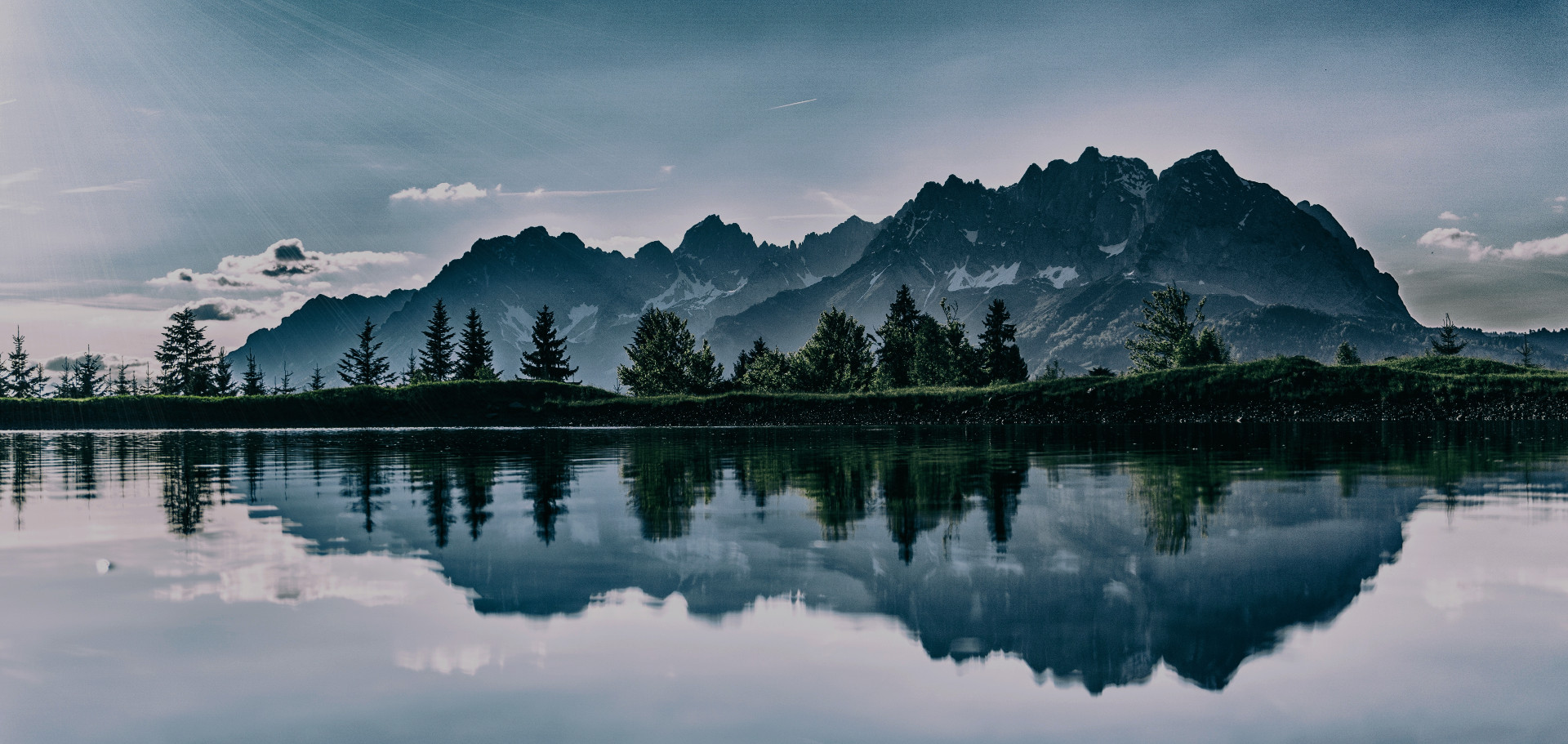

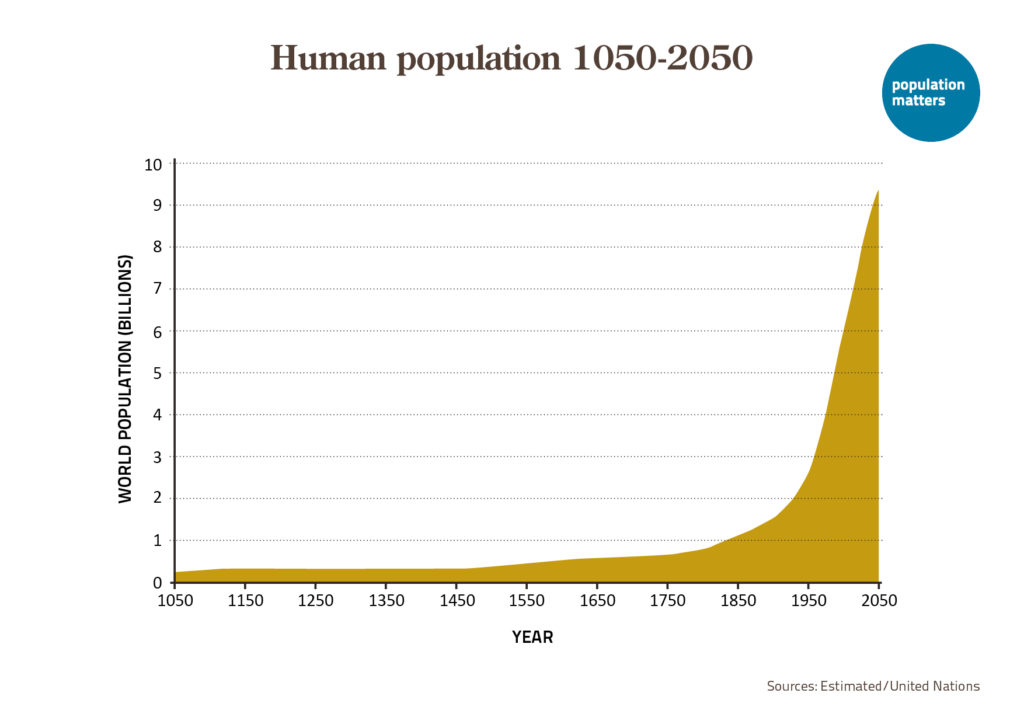
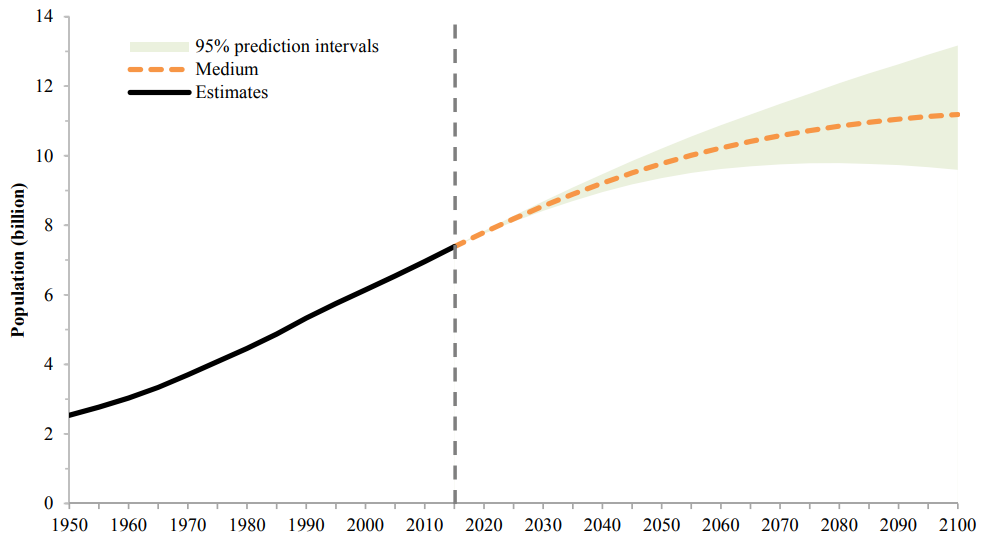
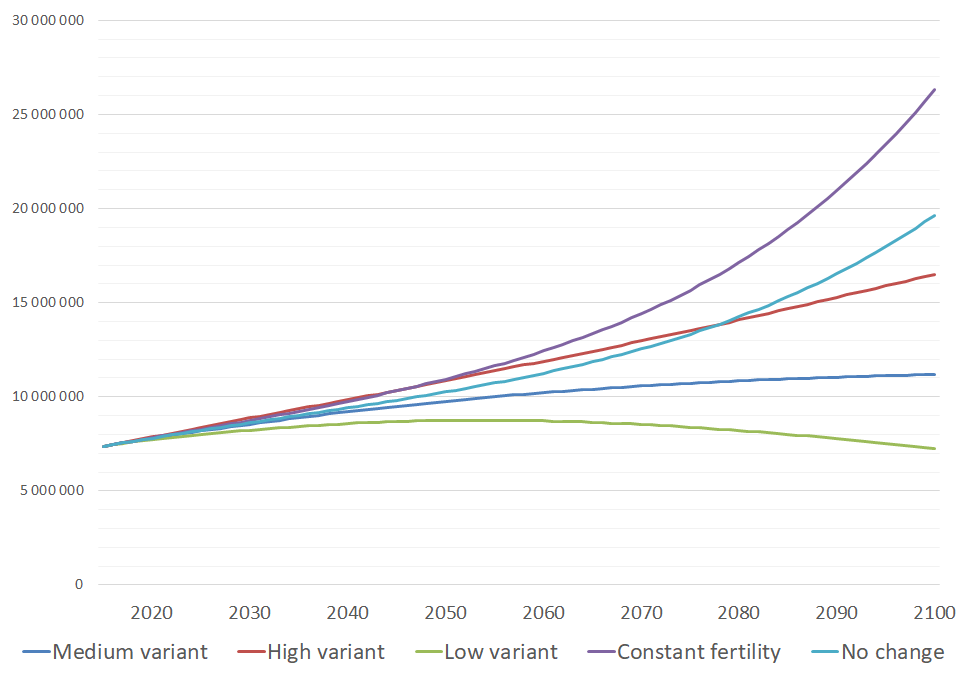
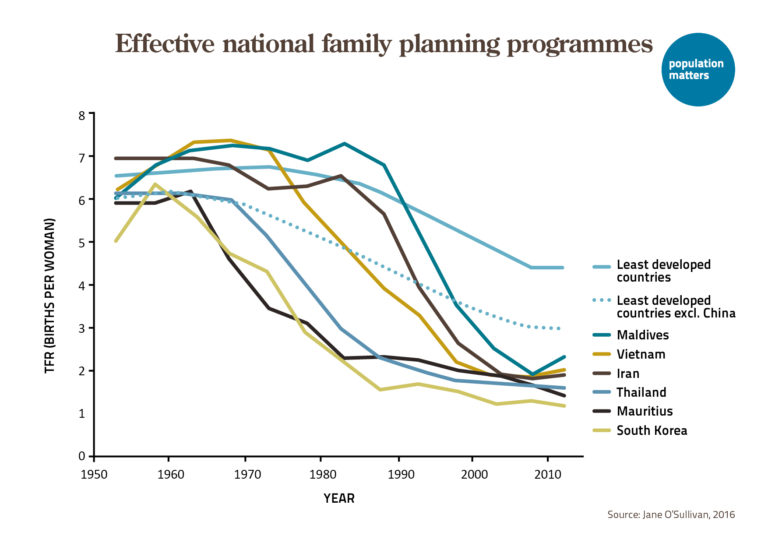

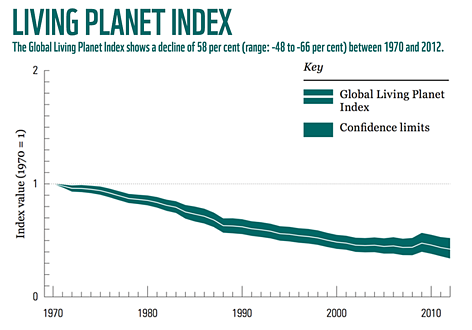
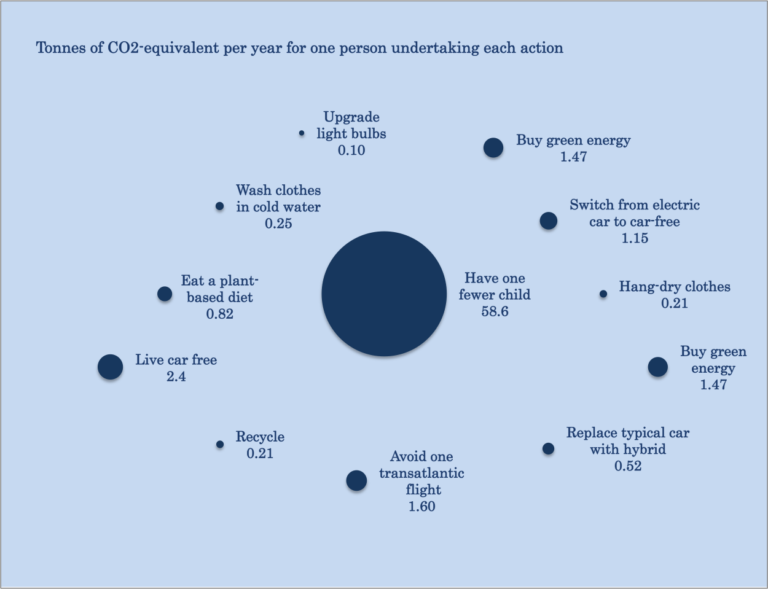
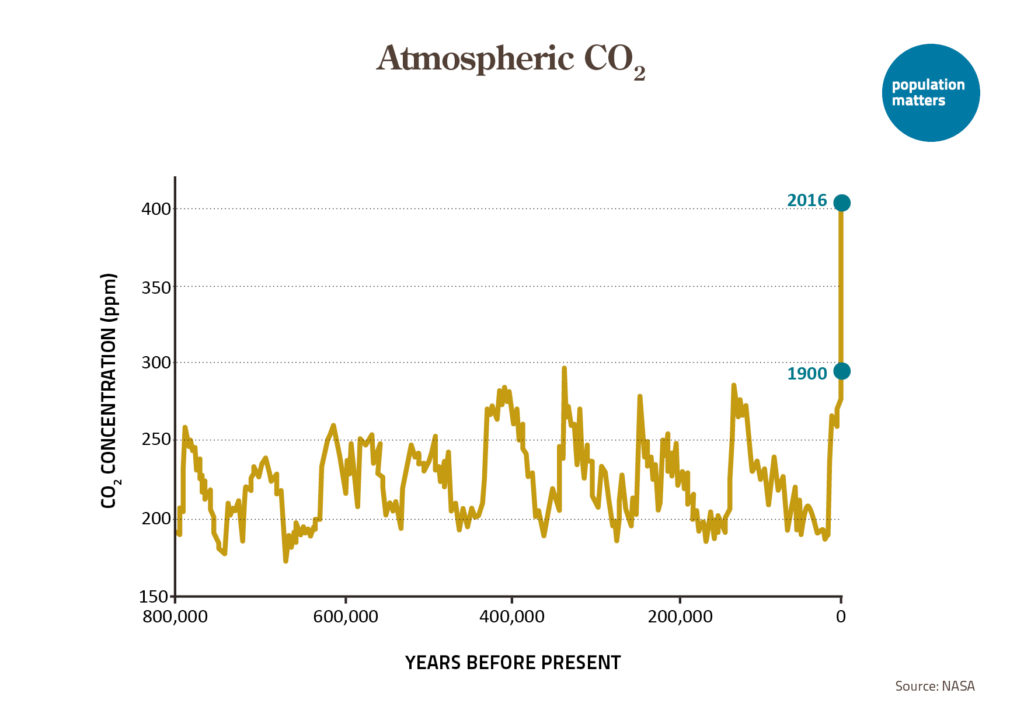
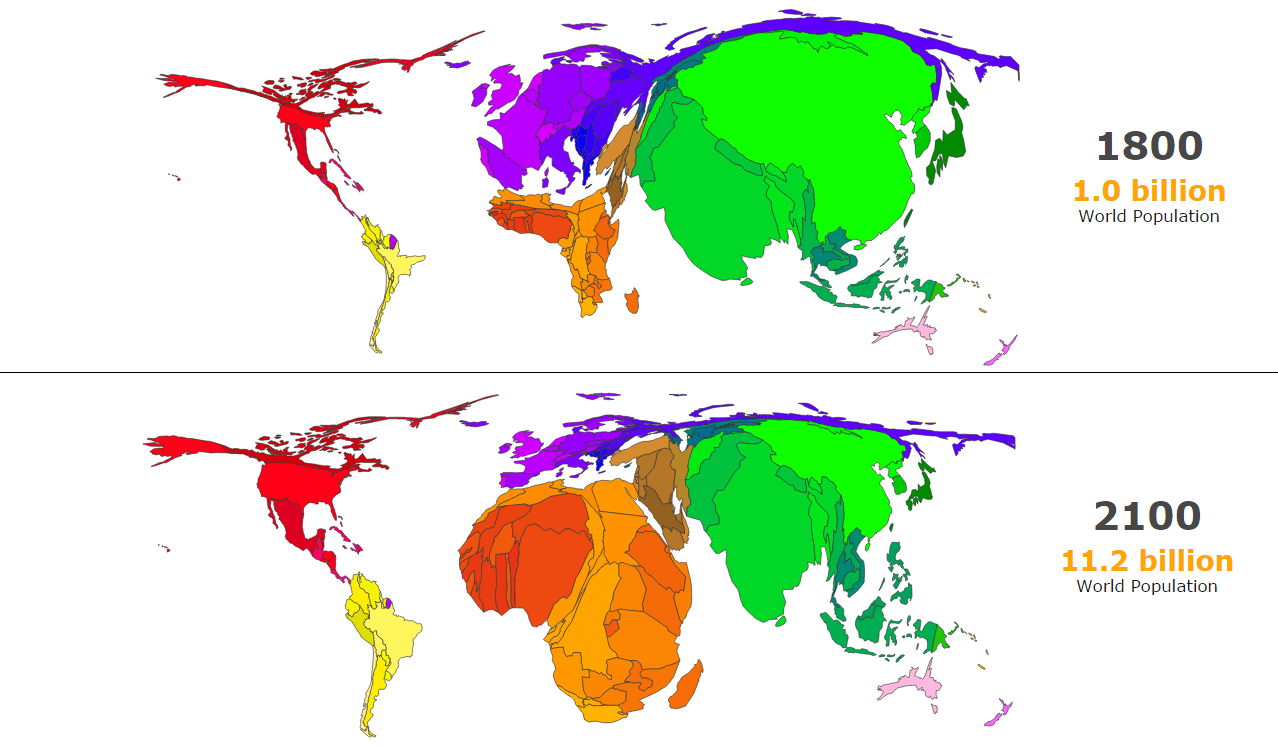
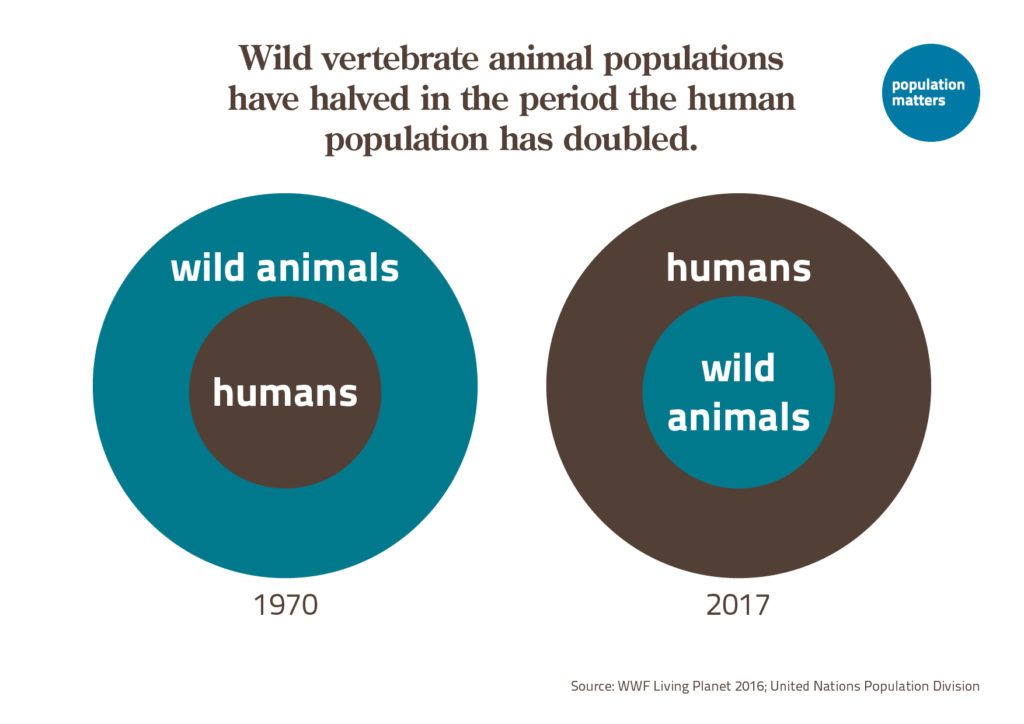
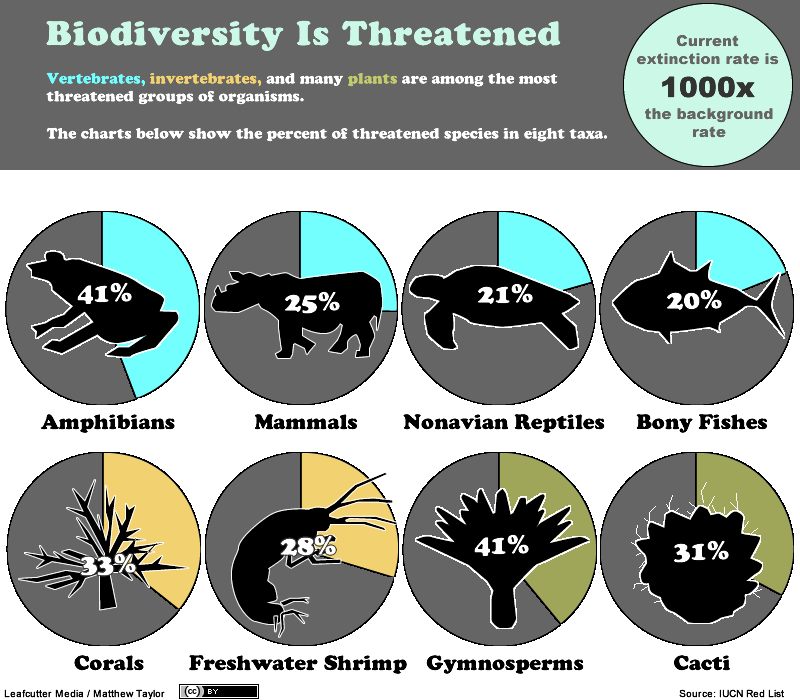
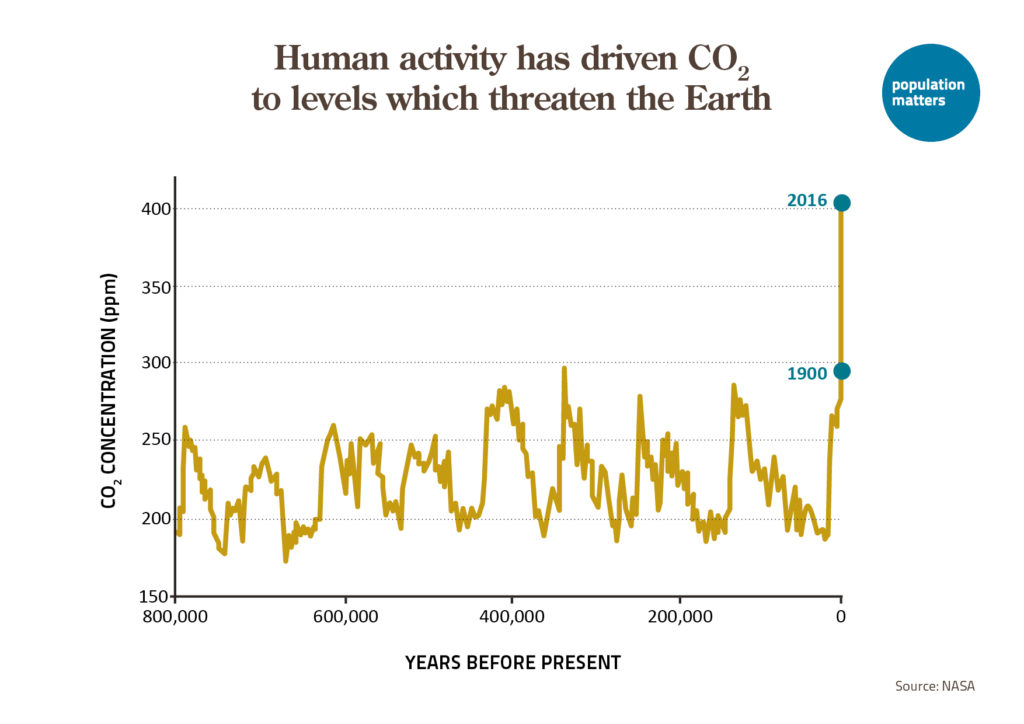
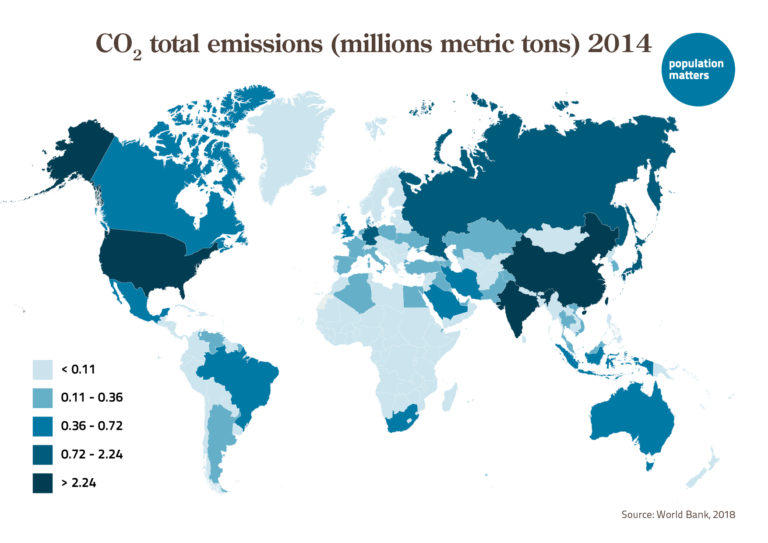

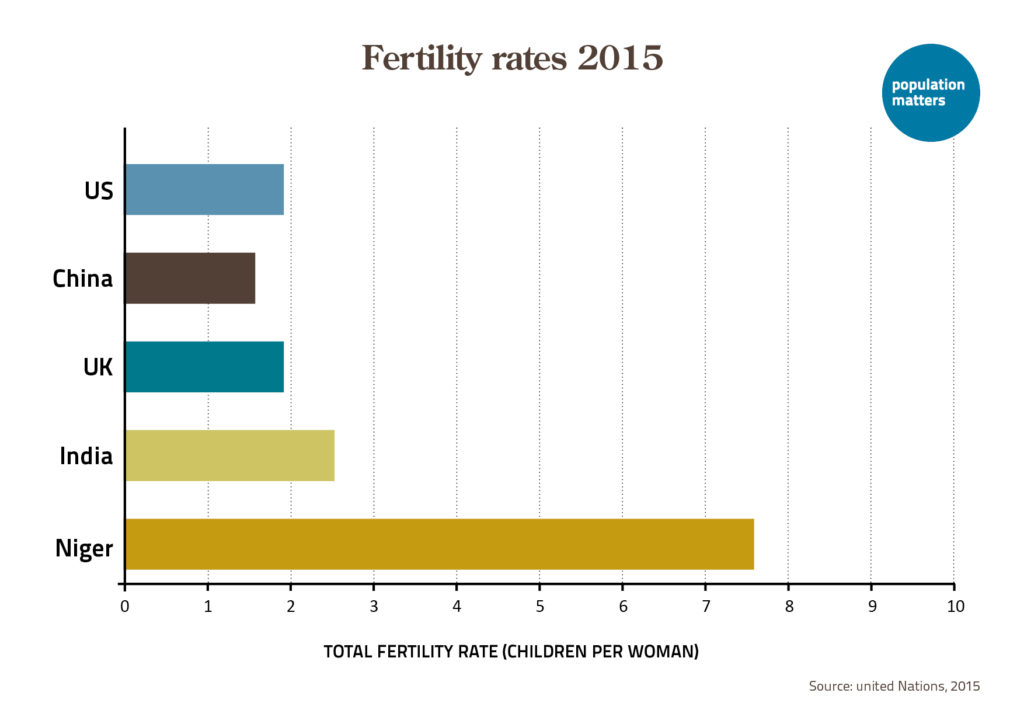
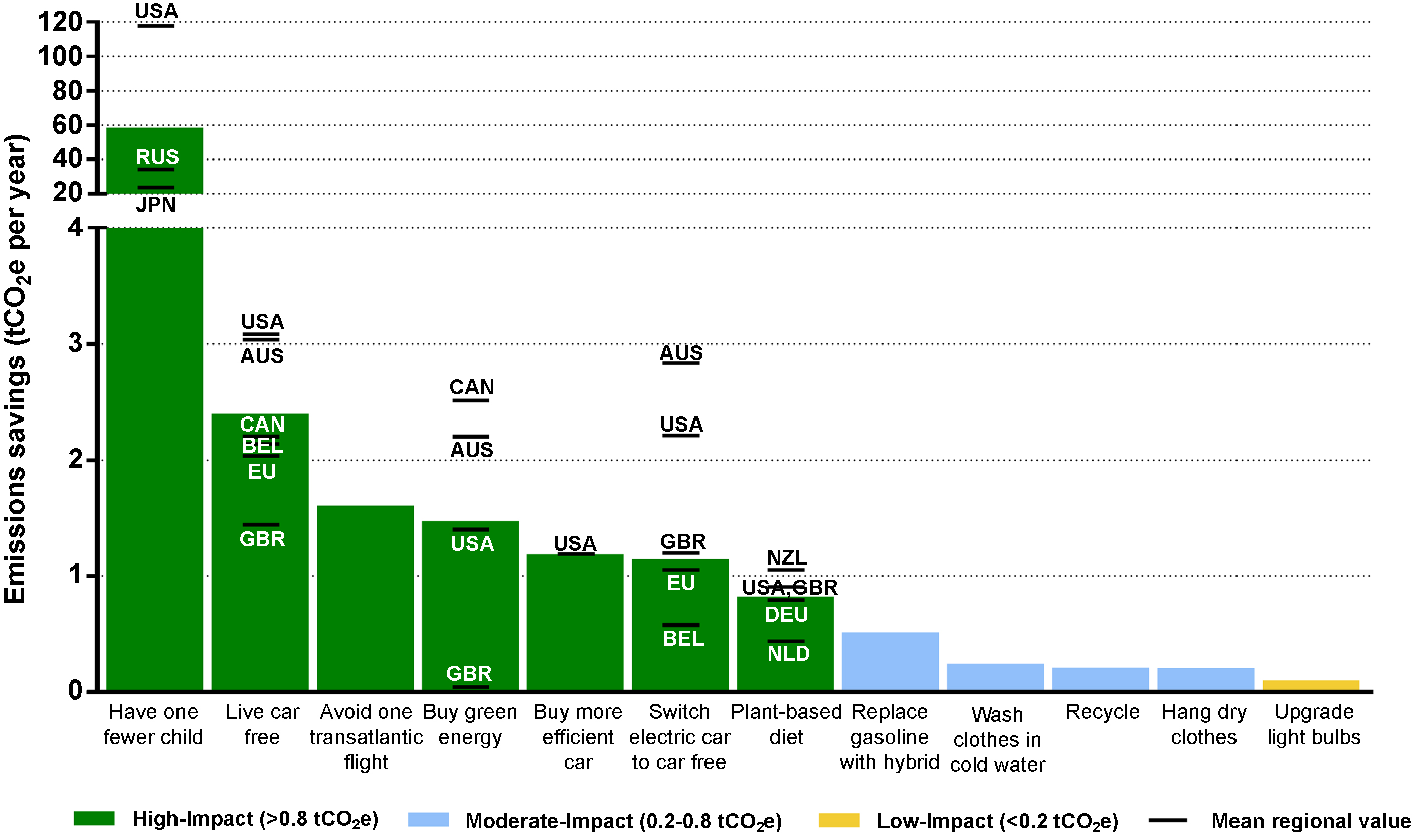



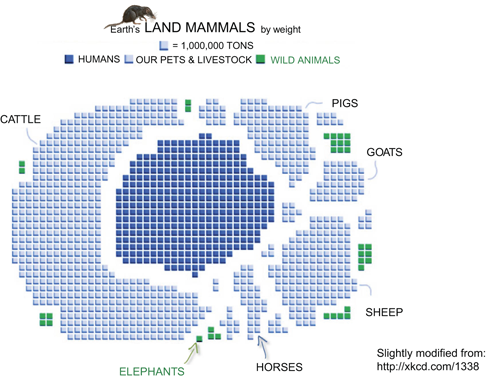

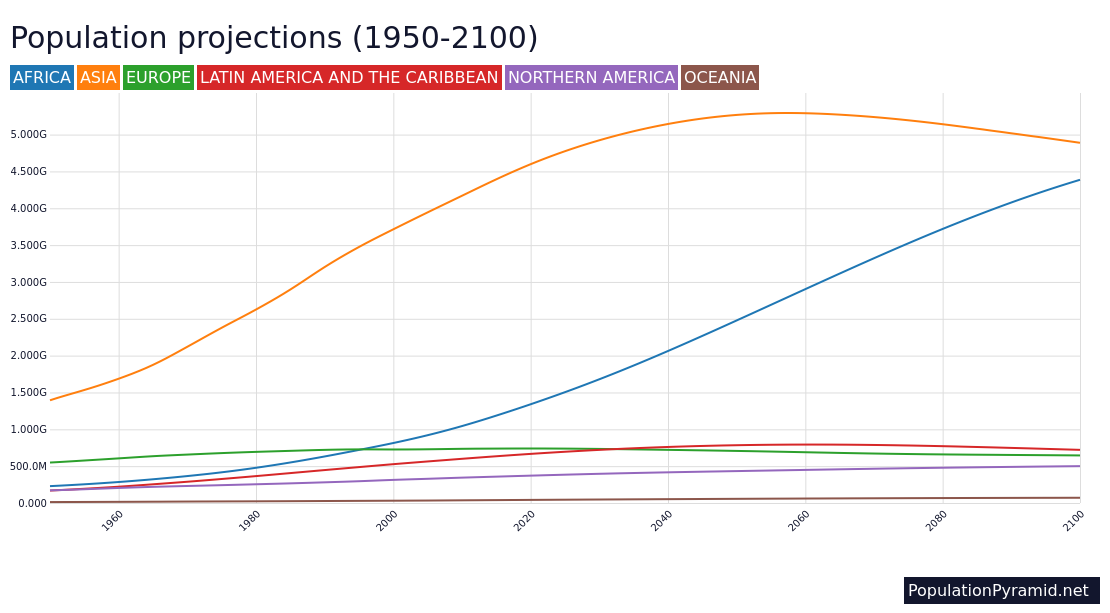
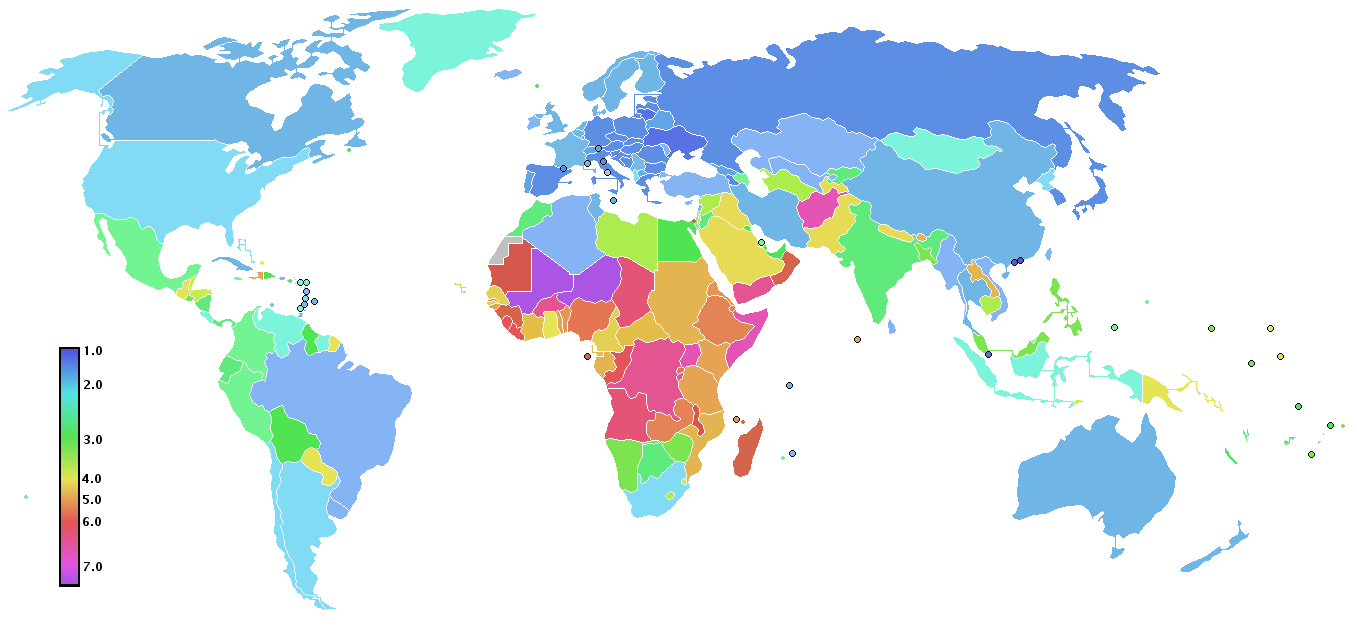
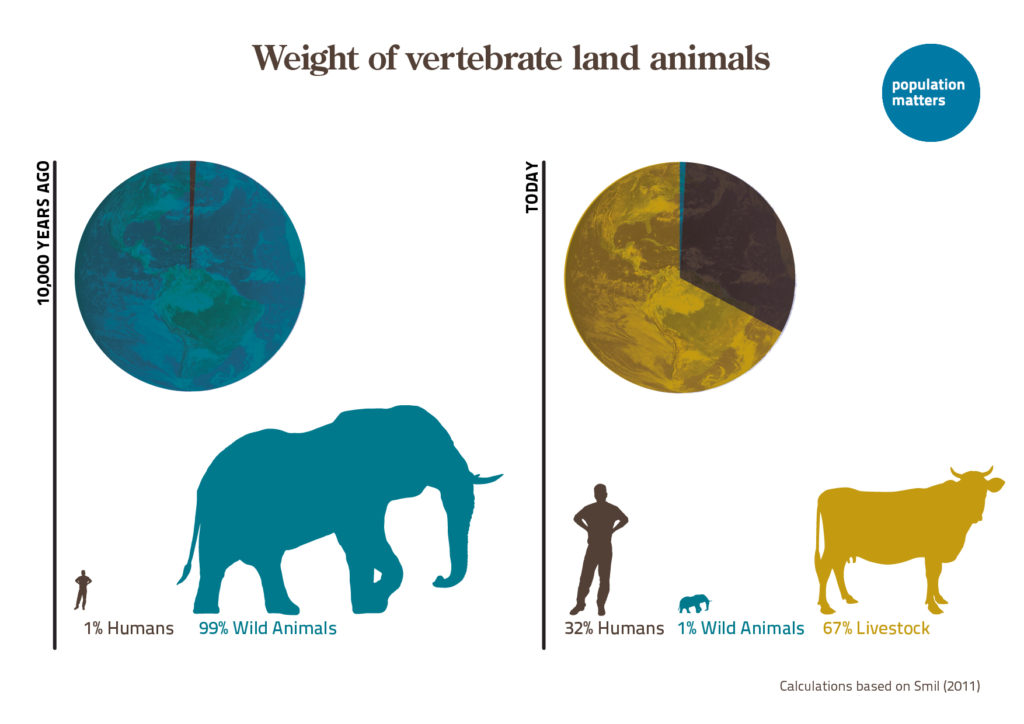

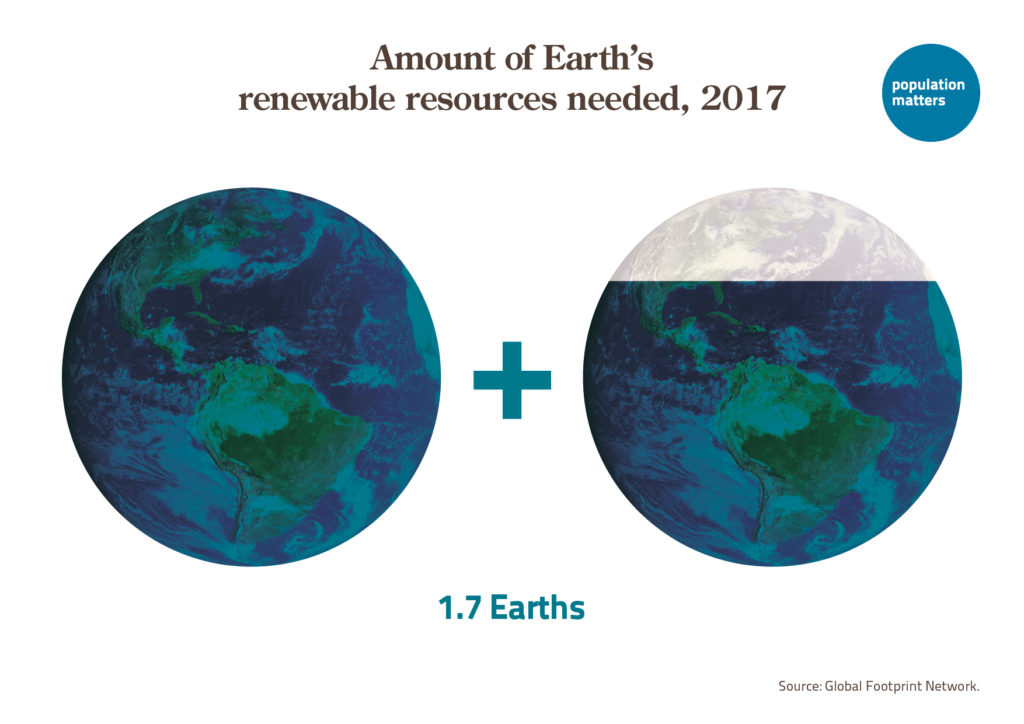


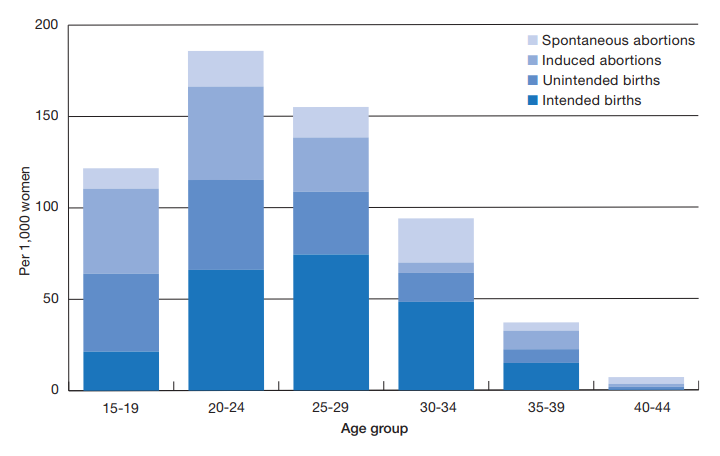
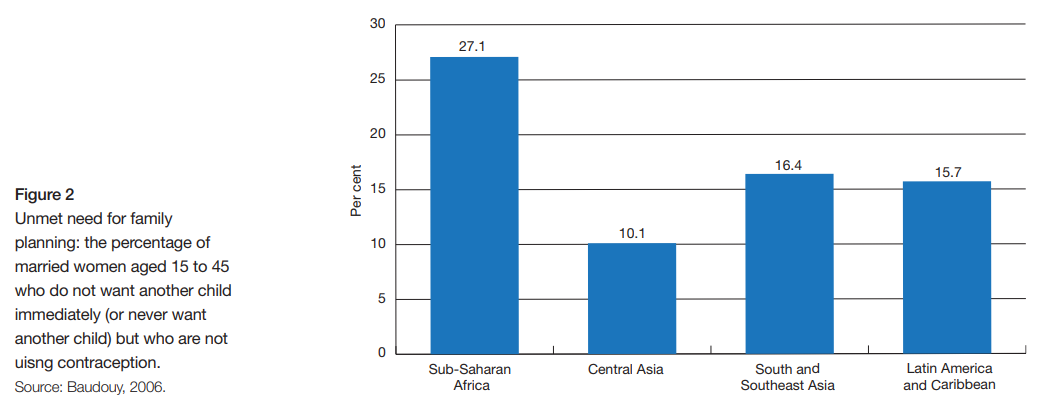
Leave a Reply